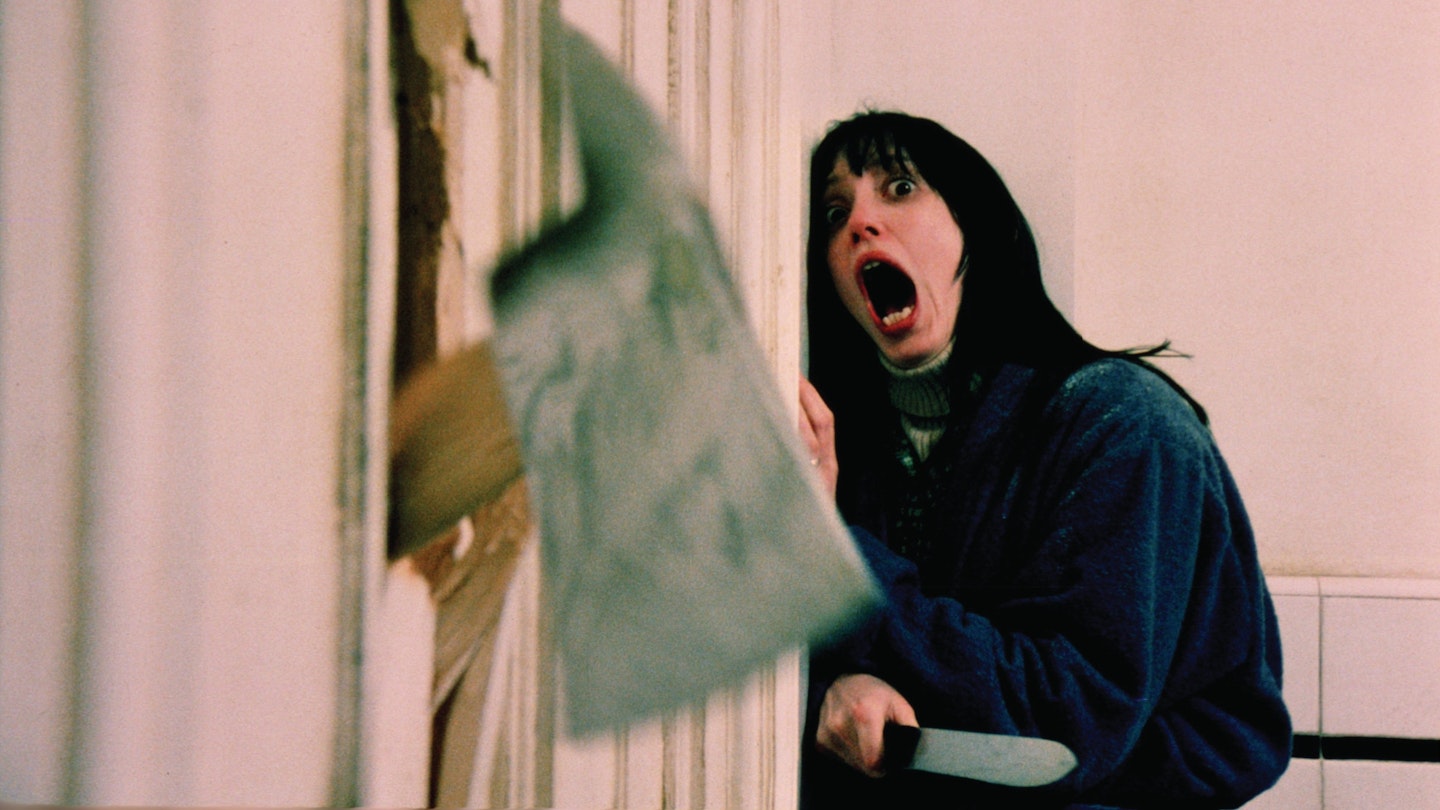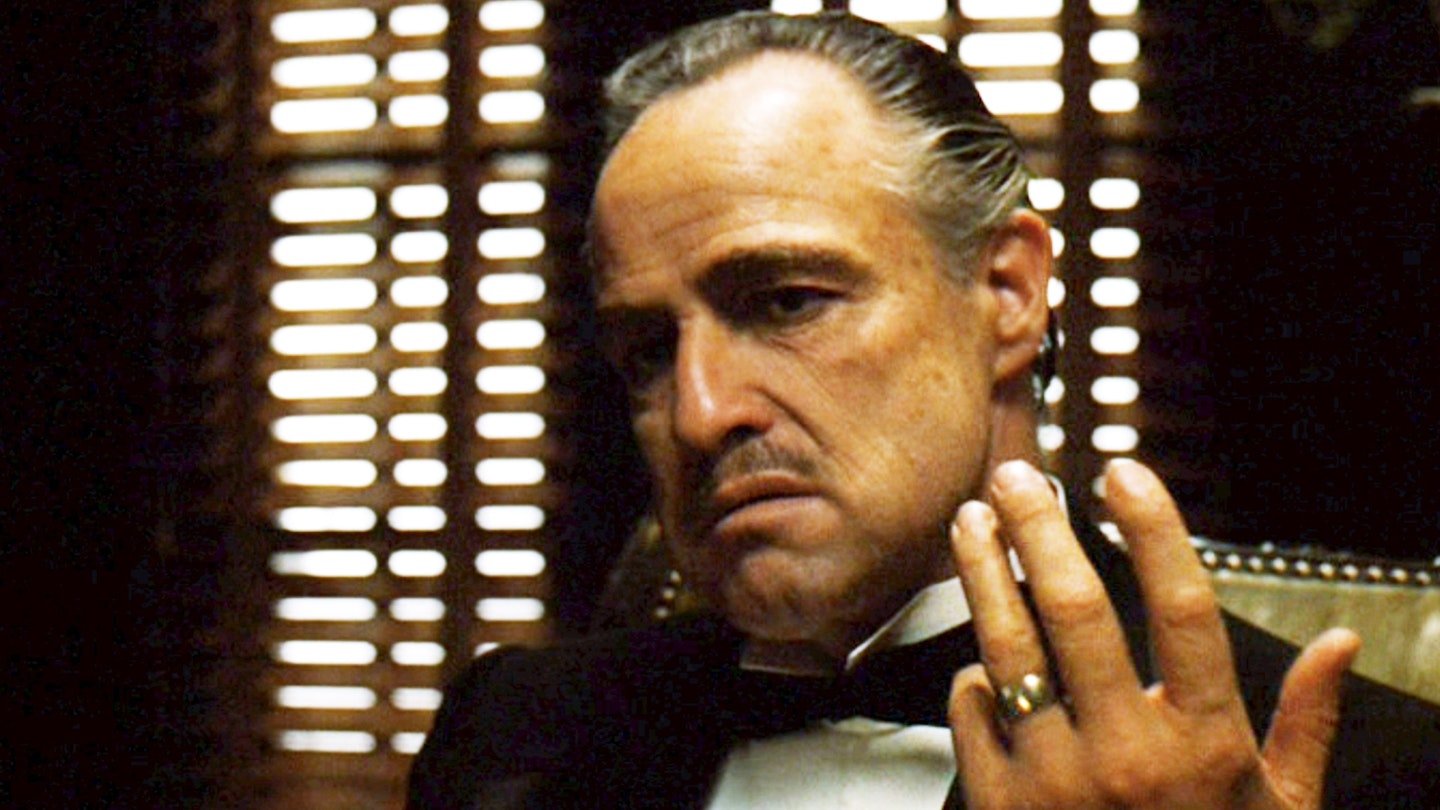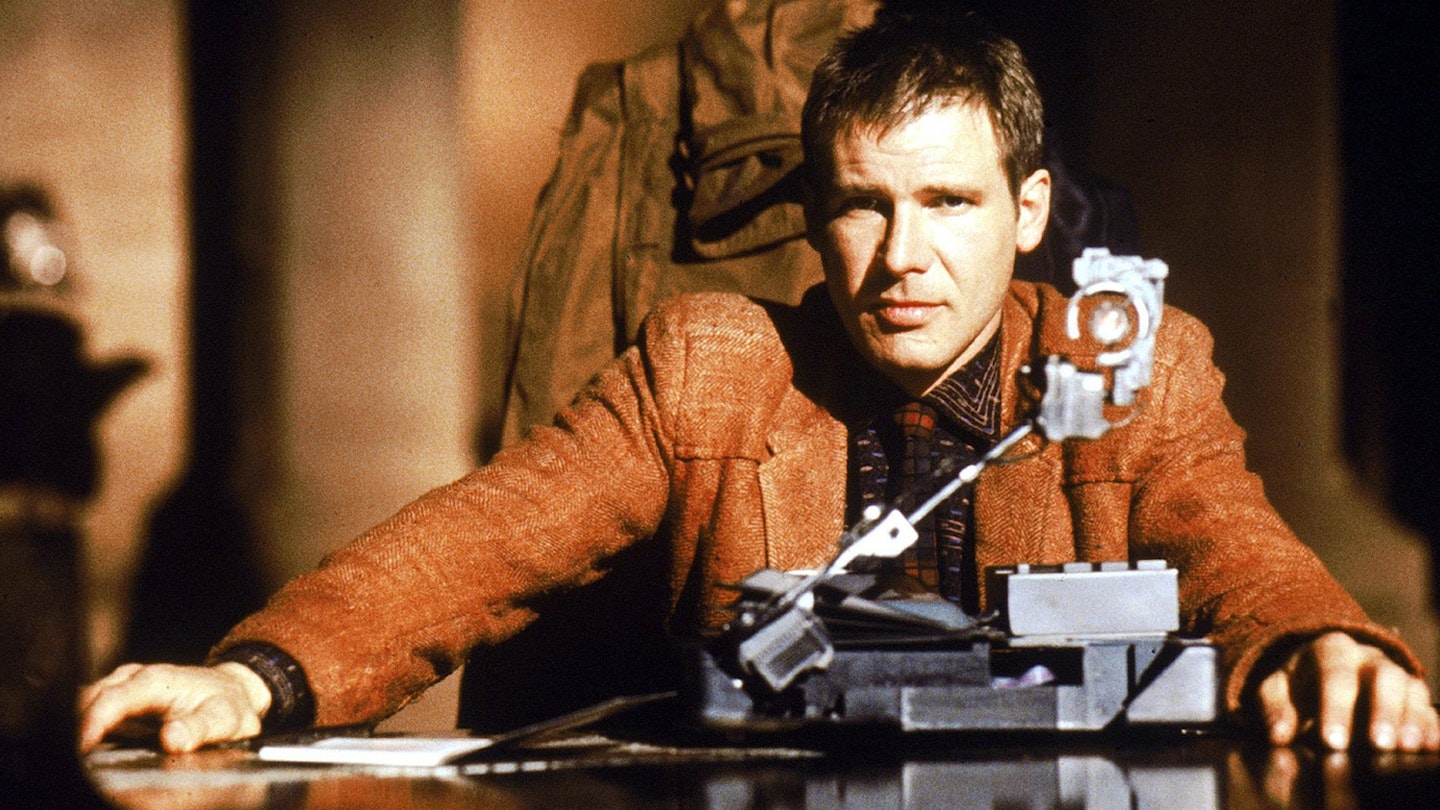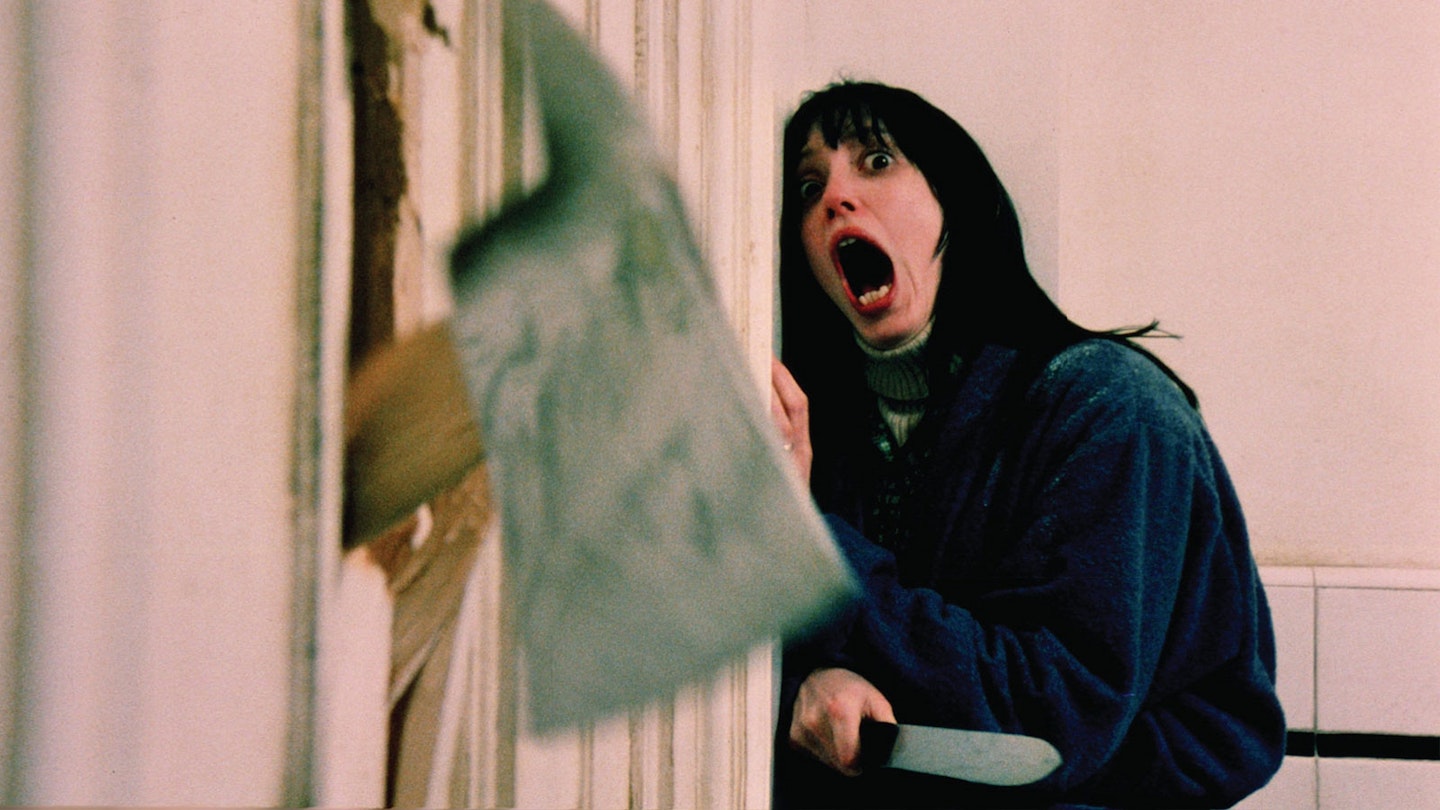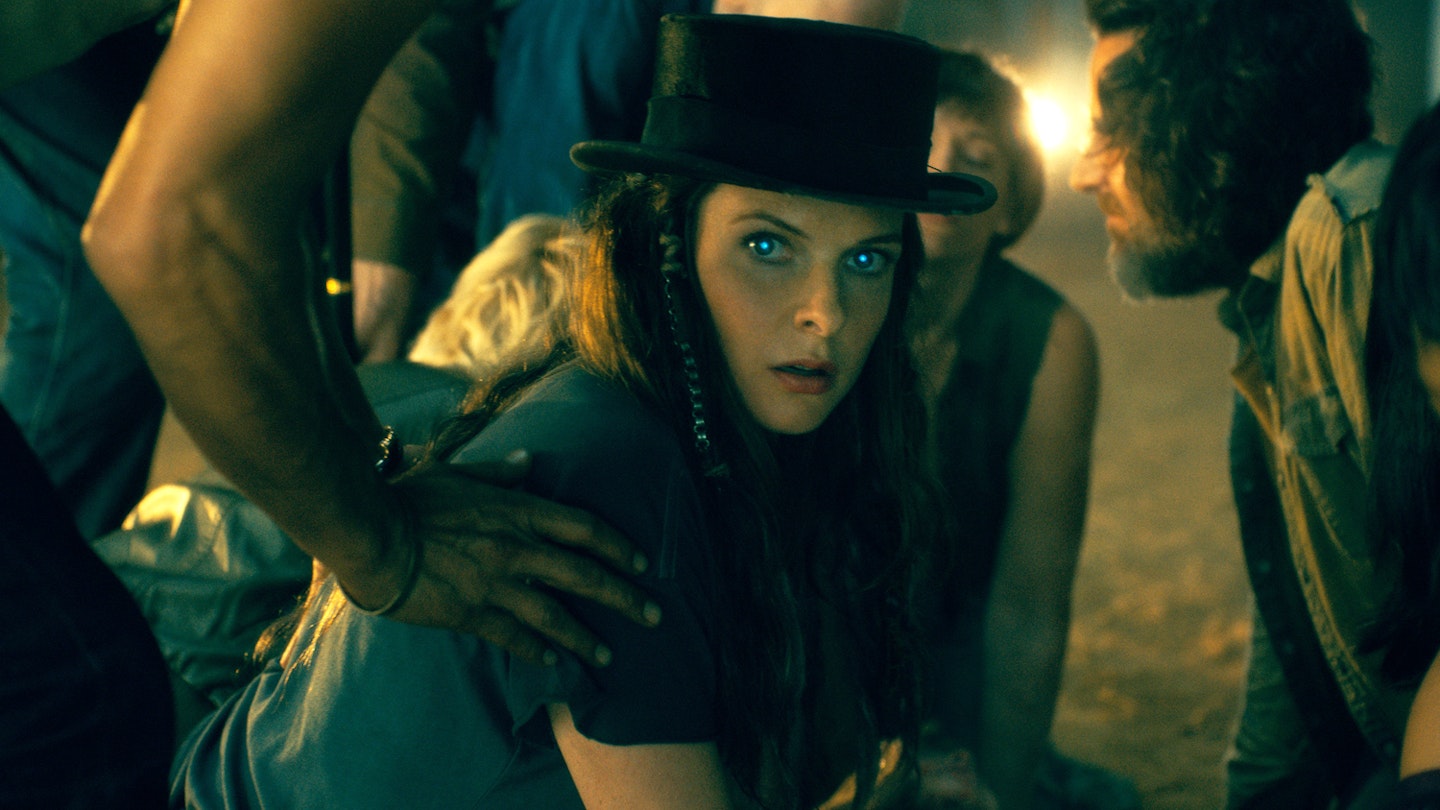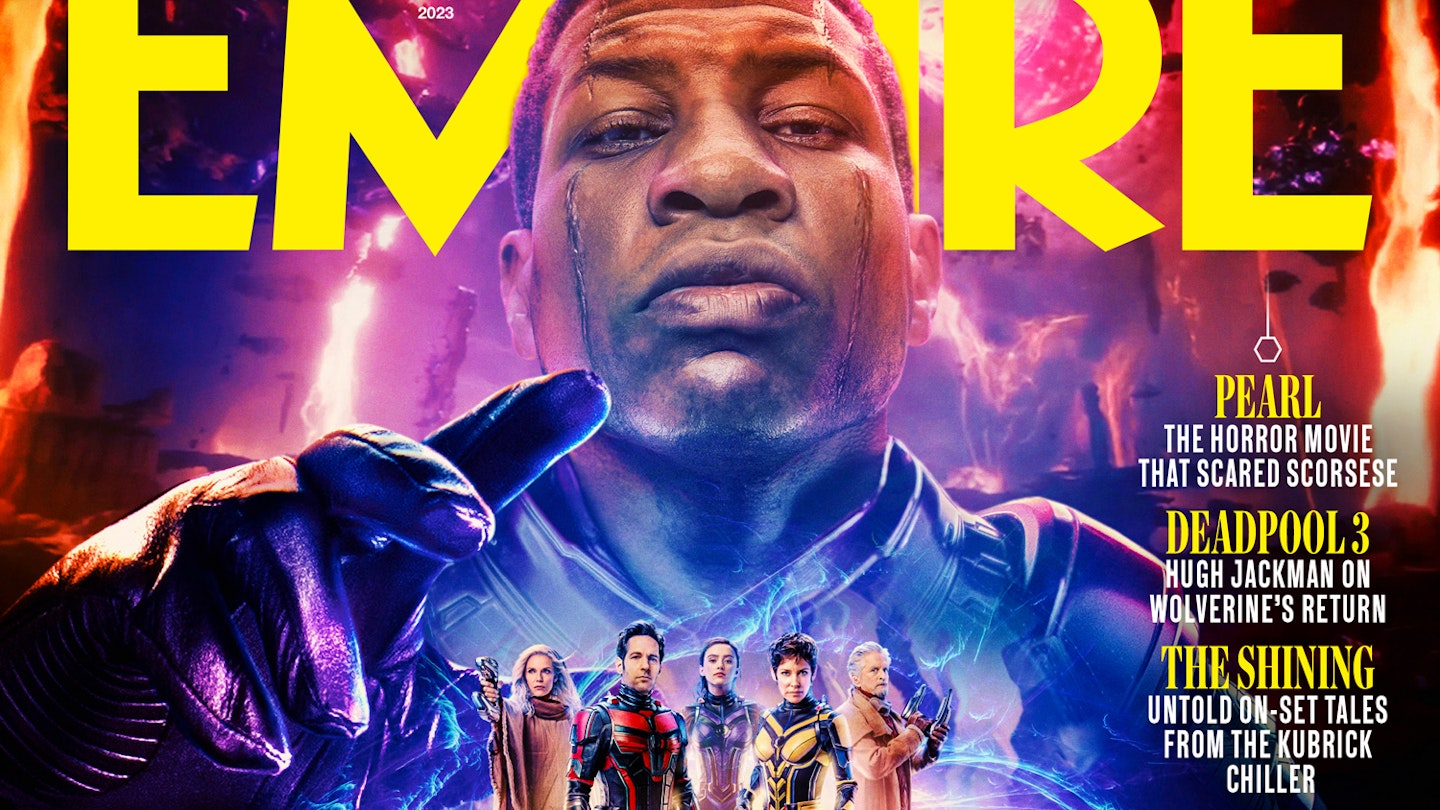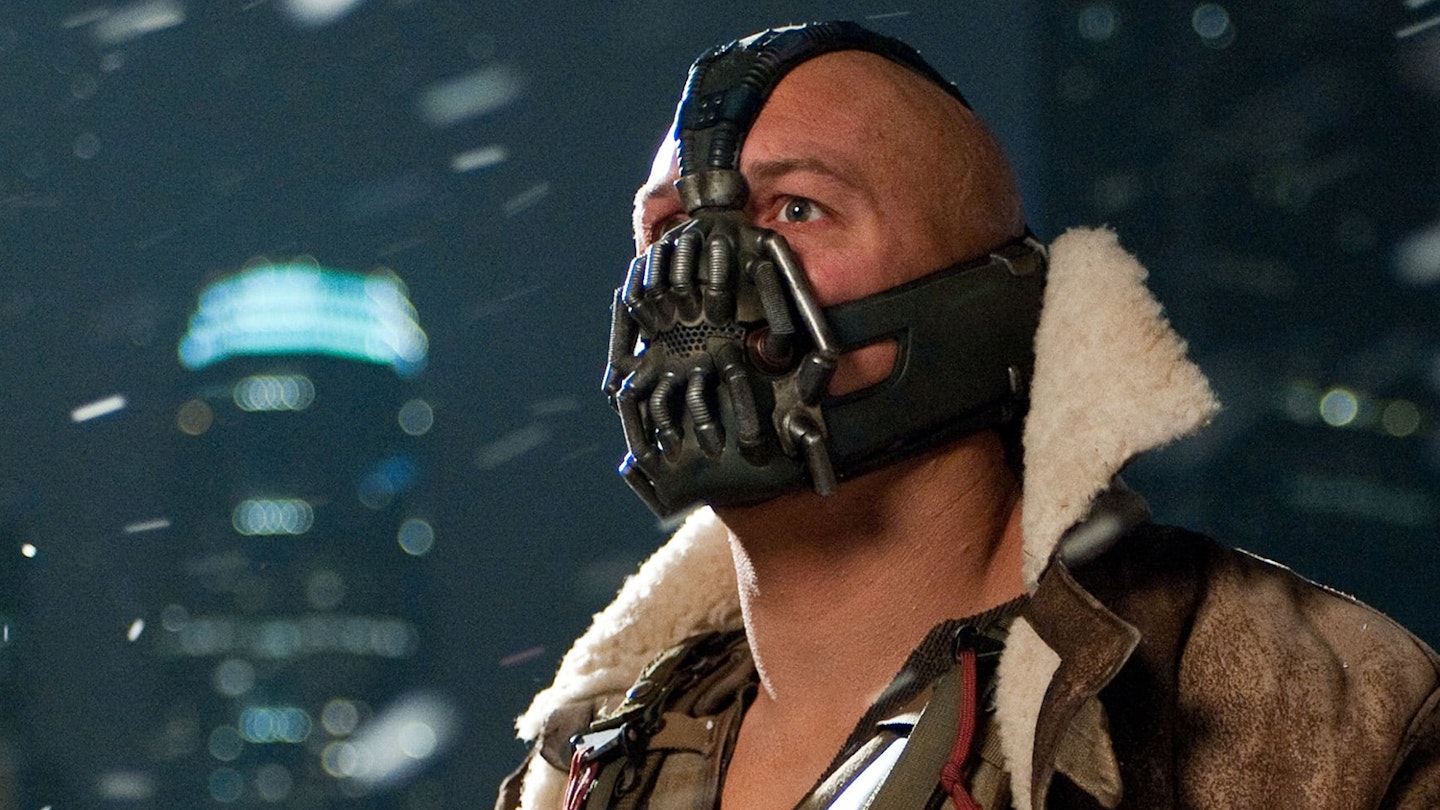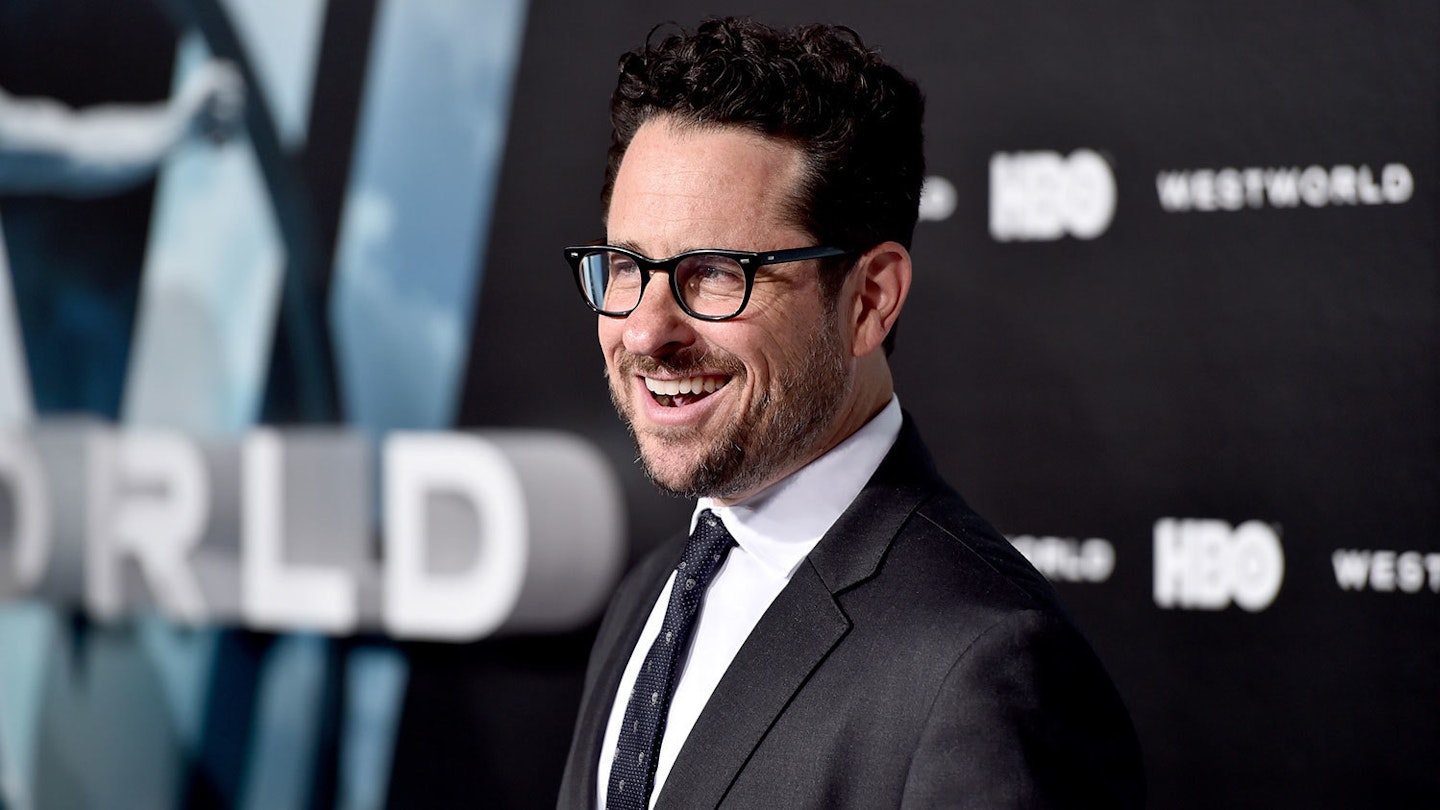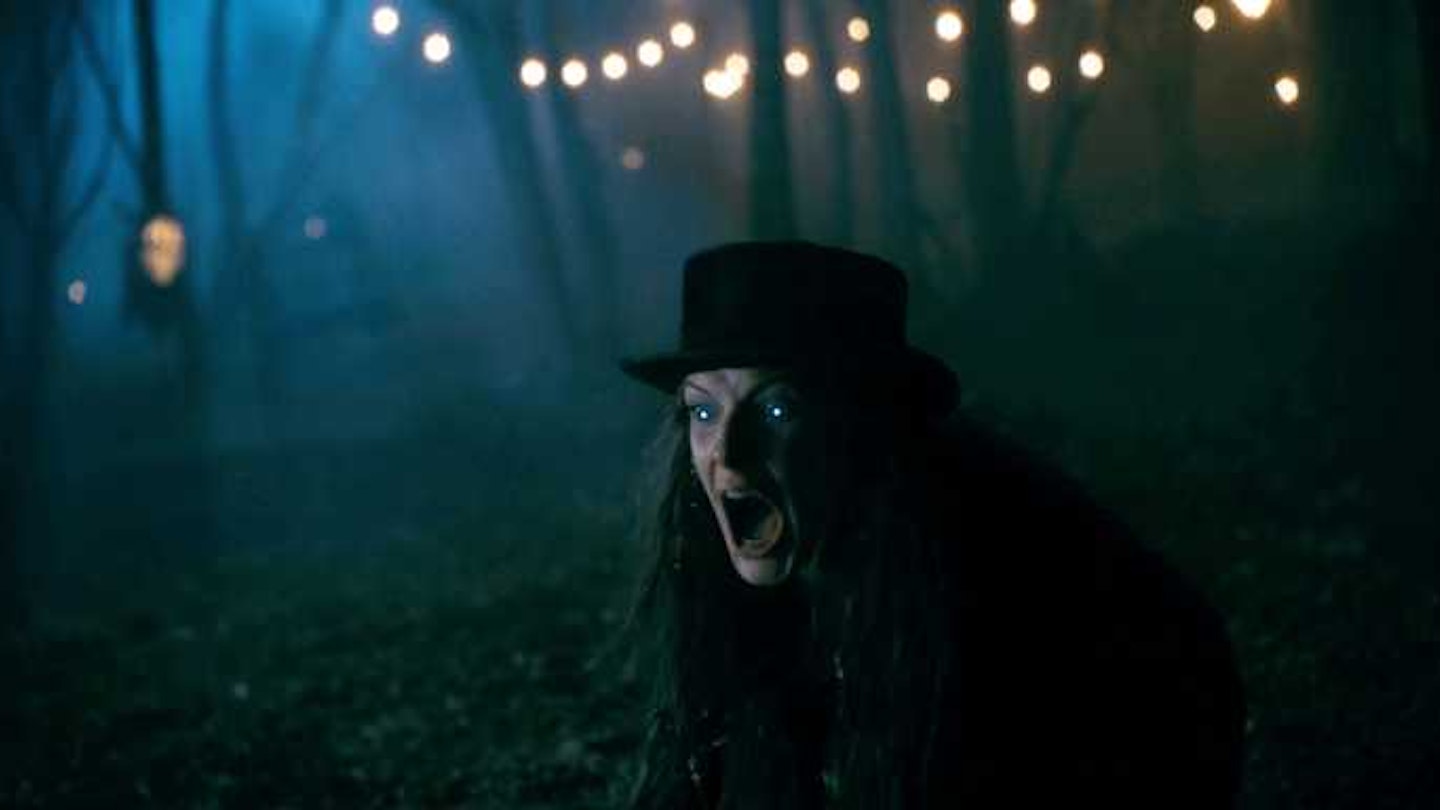Stanley Kubrick was looking for his next project after Barry Lyndon (1975). As his then secretary recalled, he was stationed in his office with a stack of recent books, opening them, starting to read, then tbwumpp! she would hear the sound of a paperback meeting the wall. The process went on for a while. Then, all of a sudden, there was silence. Kubrick had picked up a novel called The Shining by a young up-and-coming horror author by the name of Stephen King.
You can well imagine King's sense of validation at having such a director as this turn to his pulp morbidities for inspiration and Kubrick, the notorious obsessive, pestered the author with calls at unearthly hours to inquire whether he believed in God, or some other vital clue. The relationship, however, was soon to fragment. King hated the film. Kubrick (with co-screenwriter Diane Johnson) filleted the novel, ditching its more formulaic horror elements in favour of a study in madness and ambiguous evil — that, of course, of father, drunk, caretaker, and wannabe novelist Jack Torrance (a defining role for Jack Nicholson). Kubrick, akin to his trippy treatment of the sci-fi genre, was elevating horror to a different plane, removing its camp wiggeries and bogeymen to infuriate and bedazzle with sinewy suggestion and sumptuous, awe-inspiring technique. Technically, there is no better film in the genre. Its chills are less direct (that is until Torrance finally throws off the shackles of sanity), rather something that creeps under the skin to unsettle and disturb. King though was having none of it, describing Kubrick's film as a "big and beautiful car. Ultimately a piece of machinery with neither I heart nor soul." Foolishly the author recently elected to remake the book faithfully as a TV mini series to derisory reaction.
In accordance with the Kubrick legend, the process of making the movie took meticulousness to staggering levels — Shelley Duvall was reputedly forced to do no less than 127 takes of one scene; Nicholson was force fed endless cheese sandwiches (which he loathes) to generate a sense of inner revulsion, and the recent invention of the Steadicam (by Garret Brown) fuelled Kubrick's obsessive quest for perfection. The result is gloriously precision-made. The use of sound especially (listen to the remarkable rhythm qf silence then clatter set up by Danny pedalling his trike intermittently over carpet then wooden floor.) And that's not forgetting the procession of captivating images: a lift opening to spill gallons of blood in slow motion; a beautiful girl transformed into an old hag in Jack's arms; and, as a million posters now attest, Jack's leering face through the gaping axe wound in the door.
Alive with portent and symbolism, every frame of the film brims with Kubrick's genius for implying psychological purpose in setting: the hotel's tight, sinister labyrinth of corridors; its cold, sterile bathrooms; the lavish, illusionary ballroom. This was horror of the mind transposed to place (or, indeed, vice versa). The clarity of the photography and the weird perspectives constantly alluding to Torrance's twisted state of mind. The supernatural elements are more elusive than the depiction of his madness. The "shining" itself — the title comes from the line "We all shine on" in the John Lennon song Instant Karma — is the uncanny ability to see dark visions of the truth (young Danny manifests the power through an imaginary alter-ego Tony). A power separate from yet entwined with the evil that dwells in the building (the whole family will come to experience it).
The Overlook, sacrilegiously built on an ancient Indian burial ground (a minor point for Kubrick and stolen by Poltergeist), is haunted by evil spirits. When Jack enters the sprawling ballroom, he is entering into the building's dark heart (possibly even Hell itself): "Your credit's fine Mr Torrance." It's unclear whether it is Torrance's growing insanity that invites this or The Overlook itself taking possession of his soul. Grady, the previous caretaker, a man driven to slaughter his family (the source of Danny's disturbing second sight of the blue-dressed sisters) is another of Torrance's visitation states — "You have always been the caretaker," Grady suggests menacingly. The evil may have always been there in Jack, The
Overlook merely awakened it.
It's a question the whole film is posing: does the potential for evil reside in all men, just waiting to come to life? The final shot of Torrance trapped inside a photograph of the ballroom in 1921 hints at his destiny: he has become one with The Overlook — as he always was (death, you see, is never the end). The point, though, for the infuriatingly brilliant Kubrick was to always keep the answers out of reach. Indeed, he had a mantra he exhorted to all concerned (actors and journalists alike), it's a quote from H.P. Lovecraft: "In all things that are mysterious — never explain."
